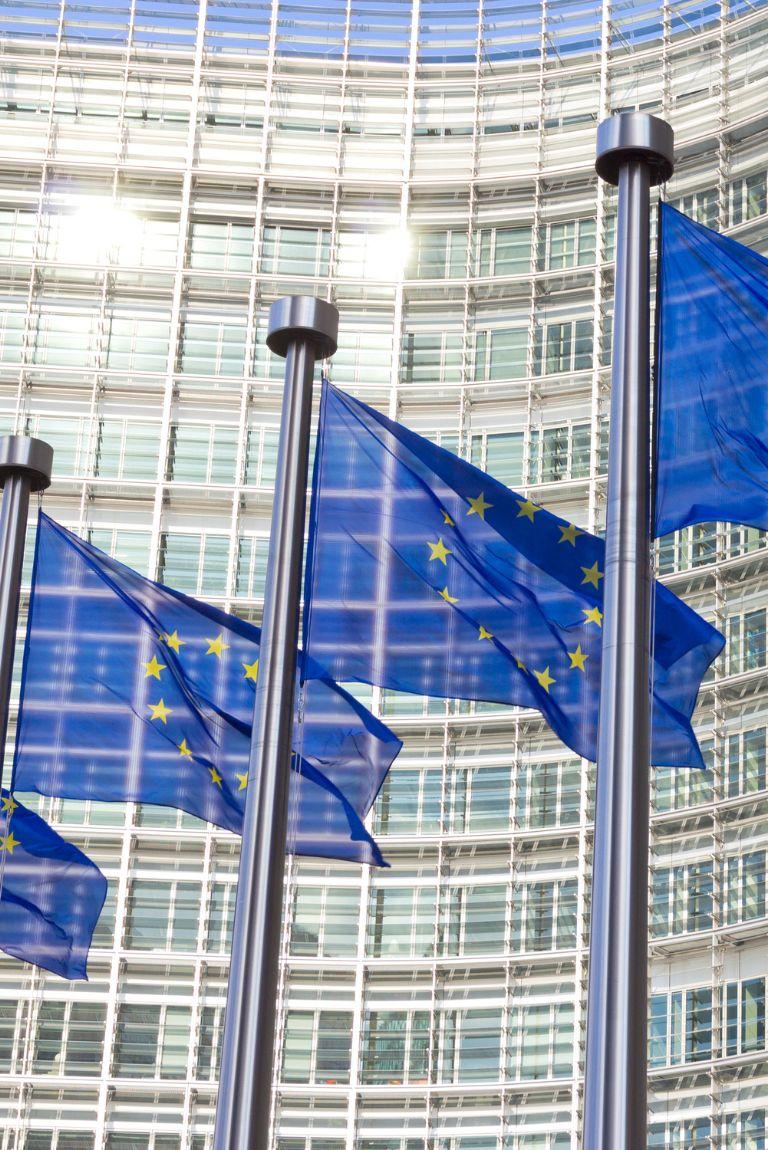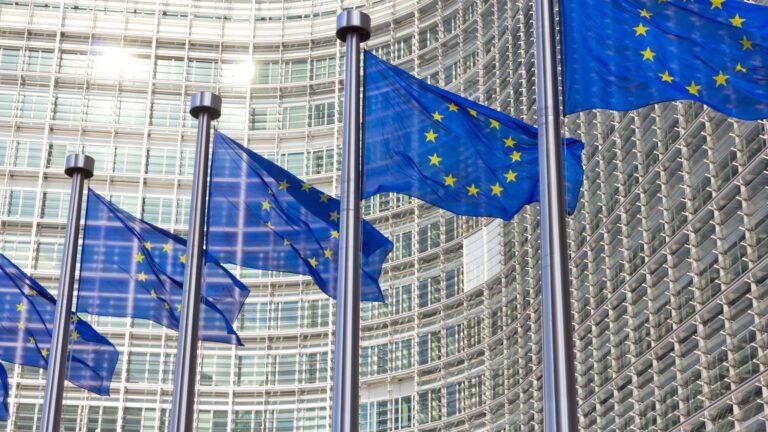Open letter to the european commission: europe must not bow to big pharma
2025-05-22

President Ursula von der Leyen,
We, the undersigned organizations and individuals, write to raise our deep concern over increasing pressure on European countries to grant harmful concessions to pharmaceutical companies, partially in response to President Trump’s threat of tariffs on biopharmaceutical products and his Executive Order on “Most- Favored Nation” pricing. The recent threats of the European Federation of Pharmaceutical Industries and Associations (EFPIA) and several pharmaceutical corporations have warned that they could shift investment in research, development, and manufacturing to the United States, unless the European Union grants them significant concessions that would negatively affect our public health and economy. Those same companies argue that Europe pays too little for medicines and suggest that they will have to get better prices in Europe to reduce profit losses in the U.S. that would otherwise severely curtail their R&D activities, including in Europe.
This is not policymaking, this is corporate blackmail
EFPIA’s initial ultimatum about U.S. tariffs is clear: weaken Europe’s public interest protections or risk losing pharmaceutical investments to the U.S., where the regulatory and investment climate is allegedly more favorable. Assertions by industry and U.S. stakeholders that Europe must increase prices to compensate for alleged underpayment for innovation are unfounded. Similarly, the suggestion that market entry in Europe will be delayed to safeguard profit maximization in the U.S. lacks credibility. These threats are opportunistically timed, exploiting the uncertainty created by the Trump administration’s chaotic and punitive tariff and “Most-Favored Nation” pricing agenda. But make no mistake, these demands are not new, and they are not grounded in economic reality. They are part of a long-standing industry effort to maximize profit at the expense of patients, public budgets, and democratic decision-making.
We urge you not to give in
EFPIA’s so-called “asks” include weakening price controls and paying more for new medicines regardless of their therapeutic efficacy, expanding intellectual property (IP) monopolies, deregulating safety and environmental standards, and undermining public oversight; all under the guise of “innovation” and “competitiveness.” But what they really mean is higher prices and longer monopoly periods for expensive brand-name drugs, allowing the use of medicines without proper safety standards, ignoring environmental standards, and ignoring accountability. Yielding to these demands would jeopardise the objectives of the ongoing EU pharmaceutical law reforms meant to keep medicines affordable and accessible for all Europeans.
Let us be clear: granting these demands will not influence the industry’s choice to invest in Europe over the U.S
The decision to locate R&D or manufacturing is driven by many factors – infrastructure, human skills, public investment in research, and regulatory stability – but it is not driven by local pricing or IP policies, which influence revenue generation, not the cost of manufacturing in a particular country. EFPIA’s narrative ignores that the EU already has some of the strongest IP protection in the world, particularly concerning data exclusivity. Instead, EFPIA misleads policymakers into believing that only deregulation and corporate appeasement can ensure Europe’s R&D and manufacturing competitiveness and access to new medicines.
The U.S. administration recently accused the EU of “taking advantage” of pharmaceutical companies and promised to use trade policy, including tariffs, to get other countries to raise drug prices, under the misguided notion that this will lead to lower prices in the U.S. However, the U.S. administration uses tariffs and other trade policies to bully countries to enhance monopolies and pharma profit even at the expense of public health and health budgets.
What is at stake is not just industrial policy. It is the future of medicine access and cost to payers in Europe.
With national health budgets already stretched thin by the steep costs of breakthrough therapies, giving in to EFPIA and to U.S. incoherent policies would undermine critical efforts to control medicines prices and make medicines affordable and thus accessible to those who need them. It would place lifesaving treatments even further out of reach for many European citizens, undermining their right to health. This would set a dangerous precedent: that corporations can hold public interest policies hostage in exchange for empty promises of investment.
We therefore call on you and your fellow EU leaders to stand firm in the face of pharma bullying. The EU should increase financing for innovation, but through publicly-accountable R&D investment, not higher prices. Do not reward corporate threats. Do not trade away regulation, access, or sovereignty for the illusion of economic security.














